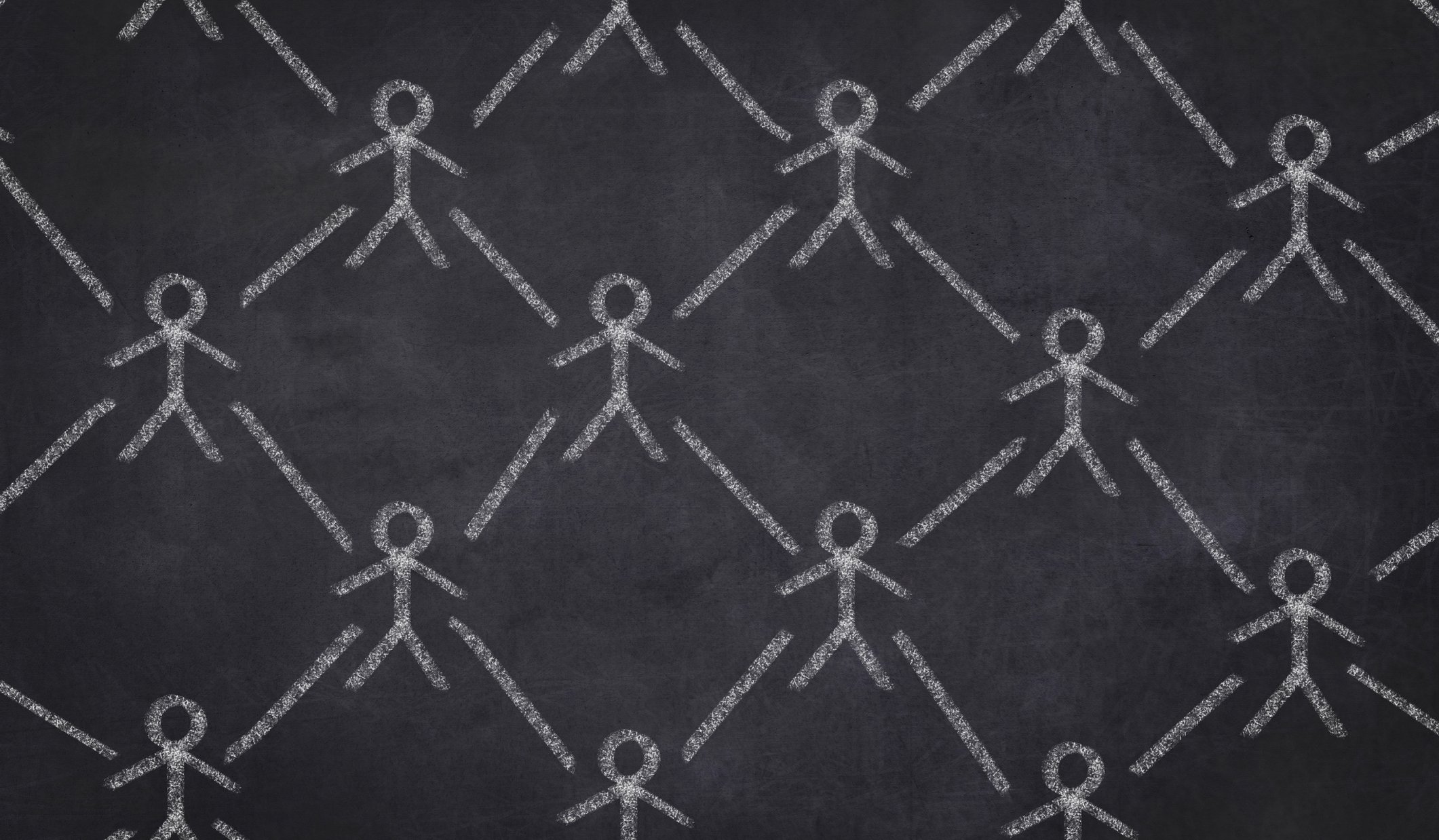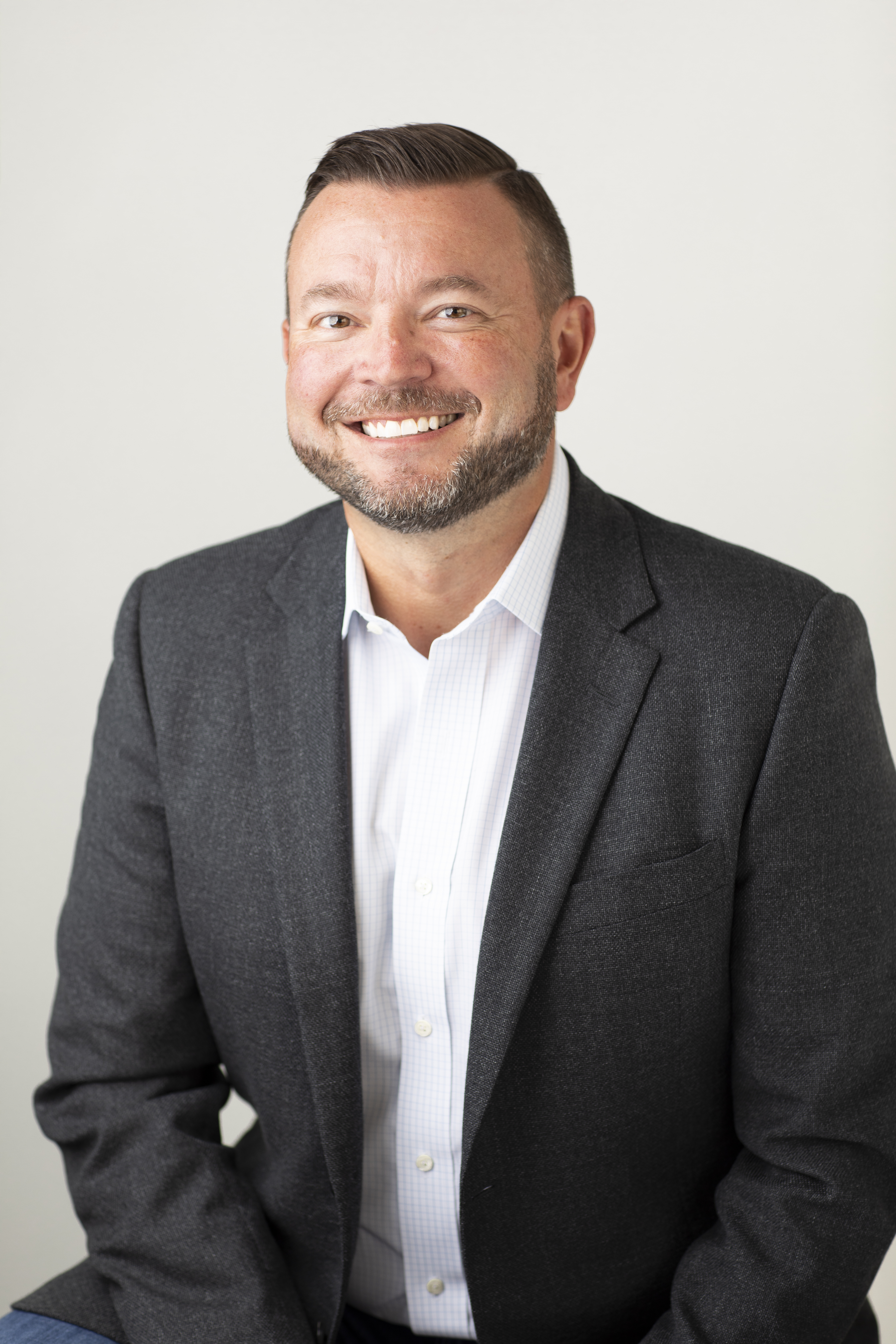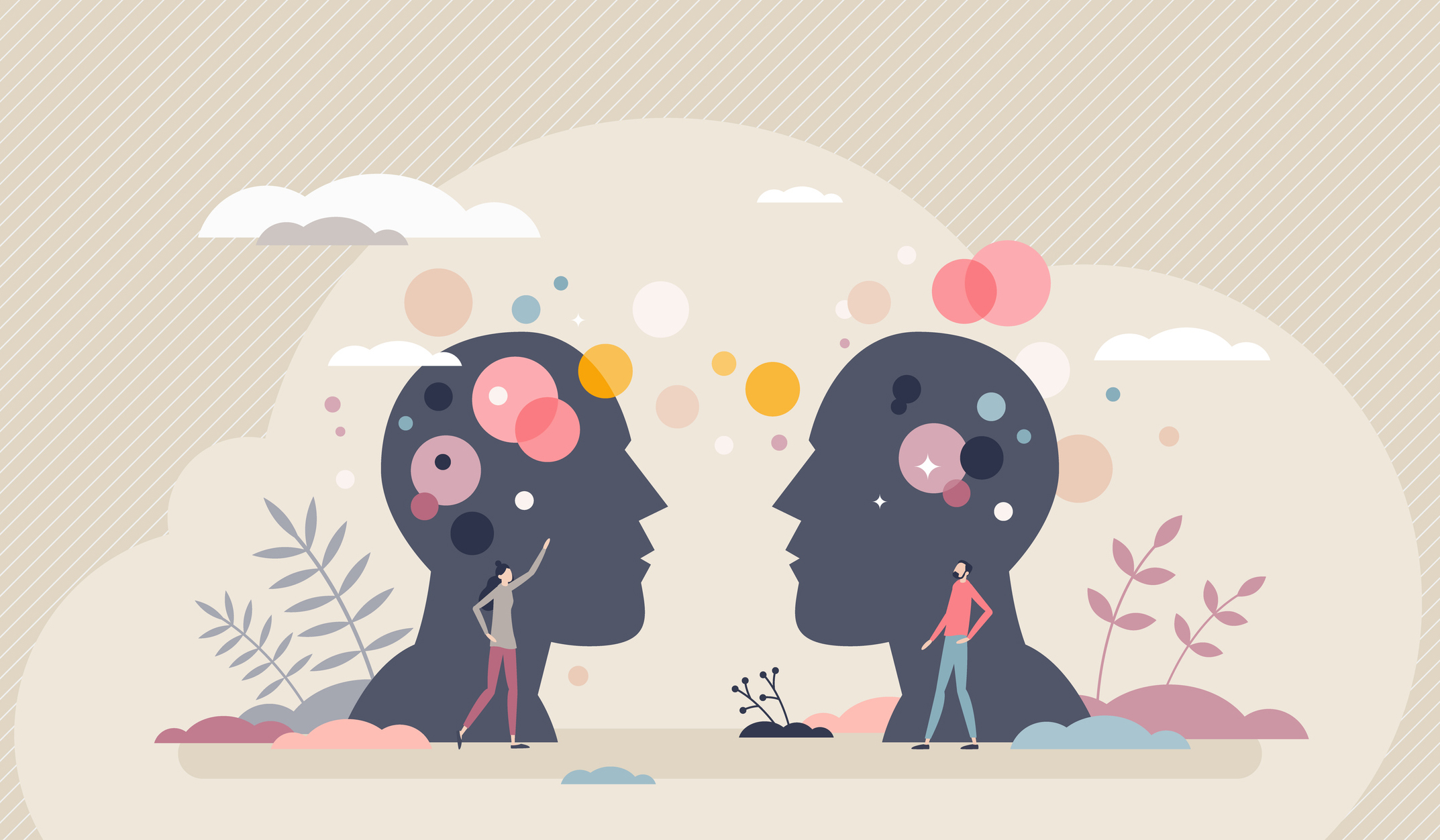Throwback Thursday: Tom Peters' The Excellence Dividend provides a business case for leaders putting their people first. But what does it mean for employers to REALLY put their people first?

It’s said that most adults will spend one third of their life at work. That’s roughly 90,000 hours! Putting it in these terms provides a different context in which to view the employer-employee relationship.
Author Tom Peters says leaders need to accept responsibility for the role they play in employees’ lives. “Every leader has a moral obligation [today] to develop people so that when they leave, they are better prepared for tomorrow than when they arrived,” writes Peters.
That’s heavy. I care about our people a lot. I think about the 150+ families relying on our leaders to make good decisions with the best interest of our team at heart. Yet “moral obligation” is an even larger burden. And you know what? He’s right. We owe that to our team.
For Virgin founder Richard Branson it’s personal: “Business has to give people enriching, rewarding lives or its simply not worth doing.”
In Peters’ latest book The Excellence Dividend, he lays out the business case for leaders putting their people first:
- What employees experience, clients will, too. The best marketing is happy, engaged employees. Your clients will never be any happier than your employees.
- An excellent client experience depends entirely on an excellent employee experience. If you want to WOW your clients, first WOW your people.
- Culture is Job #1 for CEOs because all of business is really just people serving people. And leaders are the people serving the people who serve the people.
- The focus on your people drives an expanded bottom line and growth. Which in turn translates into jobs that last and the creation of new jobs.
- Which gives your organization the ability to make its greatest contribution in your community. And this is the ultimate dividend.
So what does it mean for employers to Really (as Tom likes to say) Put People First?
Hint: It’s not about trendy perks like bringing your pet to work or having catered lunches. Although I’m sure Maddie would enjoy running around the Gibson office, and I wouldn’t mind having some Ruth’s Chris ahi tuna delivered daily, what people really want – to feel they are being put first – is much simpler.
I found some good articles from Disney, Forbes, and Inc. on what a “people first” culture looks like, but decided to randomly ask members of our team what it means to them. Here is what I got back about ten minutes later:
- They want us to listen to them, because it shows we respect them.
- They want clarity, which comes from over-communication and is reinforced by our actions.
- They want to know we’re committed to their success, even when that means putting their needs in front of ours.
For what it’s worth, the responses above mirrored the key points from the articles. Yet just knowing what it means to put your people first doesn’t mean it’s easy to carry out on a day-to-day basis.
Peters says it’s about changing our mindset around managing people.
FROM: It’s a pain in the ass
Somebody’s got to do it; punching bag for higher ups on one end, grouchy employees on the other; blame magnet if things go wrong, big bosses abscond with the credit if things go right.
TO: It’s the pinnacle of human achievement
It’s the greatest life opportunity one can have. Mid/long-term success is no more and no less than a function of one’s dedication to and effectiveness at helping team members grow and flourish as individuals and as contributing members to an energetic, self-renewing organization dedicated to the relentless pursuit of excellence.
“Every day,” Peters writes, “A manager has the opportunity to dramatically affect the life trajectory of every employee on her or his team.” And he points to the Oscar acceptance speech by Robert Altman as a more eloquent version of the same:
The role of the Director is to create a space where the Actors and Actresses can become more than they’ve ever been before, more than they’ve dreamed of being.
What’s The Risk?
Peters has provided us a gift with the concept of a cultural equation. The dividends from excellence are the following:
- You will have a better and more spirited place to work
- Employees will be engaged, growing, and prepared for tomorrow
- Clients will be happier and spread tales of your excellence far and wide
- Your community will know and appreciate you as a good neighbor
- Suppliers and service providers will admire you as a reliable partner
- Your bottom line will be healthier than it’s ever been
- You will create lasting jobs and new jobs
- Your organization will be a long-term survivor
If that’s what excellence equals, what is the formula to achieve it?
- Truly putting your people first
- Realizing that your clients will never be any happier than your people
Ultimately the excellence dividend equation looks like this.
People First = Clients First = Bottom Line Results = Biggest Societal Impact
How are you adding up?



